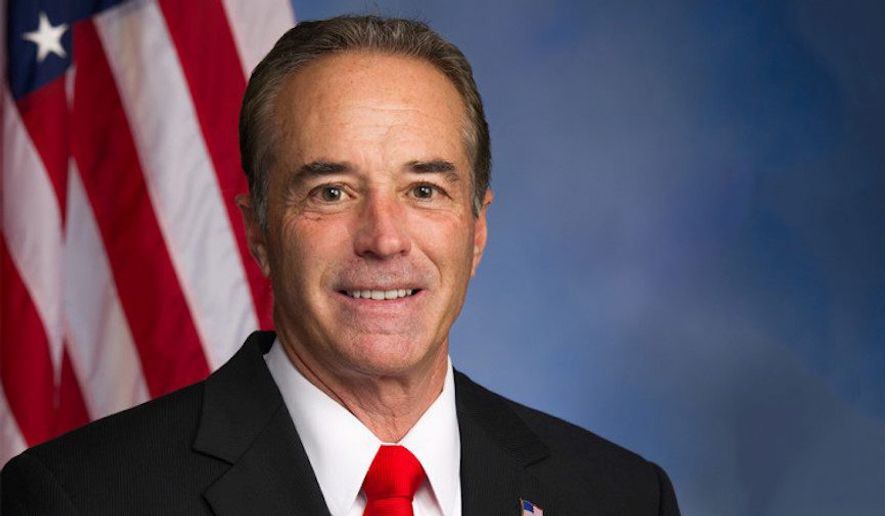NEWS AND OPINION:
It will be interesting to watch one of the world’s most canny dealmakers enter the White House. President-elect Donald Trump knows that dealmaking is an art rather than science, and wrote a best-selling book on the subject. There’s finesse, strategy, imagination and muscle involved. But part of the knack is sensing which friends are genuine when the going gets tough, tricky and complicated.
Which brings us to Capitol Hill — a dramatic tableau for dealmaking, rife with political theater and huge sums of money, but not likely to phase Mr. Trump once he learns the language and the stage cues. Does he have friends there?
“Republican lawmakers and other political heavyweights are scrambling to jump on Donald Trump’s bandwagon a month out from Inauguration Day, but the president-elect may wonder how many of them are true friends,” writes Alexander Bolton, a staff writer for The Hill.
He points out that when the House Trump Caucus met in the Cannon Office Building some two weeks ago, 50 lawmakers were present.
“But only a handful of those members were there from the beginning,” Mr. Bolton says, noting that Mr. Trump is known for placing “high value on loyalty,” and will likely seek out his earliest backers to take his agenda to Congress.
So who are the FOTs — friends of Trump? Mr. Bolton supplies the list of “Trump’s biggest allies” on Capitol Hill:
Rep. Chris Collins of New York, the first member of Congress to endorse him; Rep. Duncan Hunter of California; Reps. Lou Barletta and Tom Marino, both of Pennsylvania; Rep. Kevin Brady of Texas; Rep. Marsha Blackburn of Tennessee; and Rep. Kevin Cramer of North Dakota.
In Capitol Hill’s other chamber, Sen. Tom Cotton of Arkansas and Sen. Tim Scott of South Carolina are friends of Trump, as is Sen. Joe Manchin III, West Virginia Democrat.
GALLUP’S TOP STORIES
Among the big wave of year-end coverage: Gallup’s 15 “most notable stories” of 2016, which reflect the mood of America on multiple fronts. The titles alone are very telling. They include:
“Red states outnumber blue states for first time in Gallup tracking,” “Russians’ approval of U.S. leadership drops to record 1 percent,” “Americans’ trust in mass media sinks to new low,” “Americans’ respect for police surges,” “U.S. economic confidence surges after election” and “Record-high 77 percent of Americans perceive nation as divided.”
MAJORITY OF VOTERS NOW FAVOR TRUMP
Multiple national polls revealed this week that American optimism and good feeling is on a marked upswing as the nation heads for 2017. Now voters appear to be warming to President-elect Donald Trump as well.
A new Rasmussen Reports survey released Tuesday finds that 51 percent of likely U.S. voters have a favorable opinion of Mr. Trump — a number that includes 29 percent who view him “very” favorably. The landmark finding follows weeks of rising poll numbers for the incoming president. His favorability numbers among all voters have increased on average from the low-30 percentage point range to the mid-40s. None has gone over 50 percent in recent days.
There are still holdouts, however. The poll also found that 47 percent of voters continue to view him unfavorably. And while he is always ready to counter his critics, Mr. Trump appears to be mulling over ways to shore up the sharp divisions in the nation — and made it clear shortly after he won the White House.
“This will prove to be a great time in the lives of ALL Americans. We will unite and we will win, win, win!” e noted in a tweet — and that was six weeks ago.
FOR THE LEXICON
“Climate Reality Leadership Corps.”
That’s the name of Al Gore’s training program for grass-roots activists who, he says, are intent on “making the climate crisis the issue no politician can afford to ignore.”
Mr. Gore claims he has trained over 100,000 of such leaders and is accepting applications for the next three-day training session in Colorado until late January. The training is free; the travel and lodging, however, are not.
BERNIE’S REVOLUTIONARY LEGACY
In the thick of the 2016 race, presidential hopeful Sen. Bernard Sanders established an organization he called “Our Revolution,” which specialized in feisty social media and countercultural language borrowed from the 1960s.
Though Mr. Sanders in now back on Capitol Hill, his organization is still percolating, and fundraising for progressive causes. It is particularly keen on Rep. Keith Ellison of Minnesota becoming chairman of the Democratic National Committee.
“Campaigns end, revolutions endure,” the group notes in a new public outreach.
“As we face the uncertainty of what a Trump presidency might entail, we must do everything we can to advance the ideals of our political revolution. This moment requires that we fight harder than ever to achieve social, economic, racial and environmental justice,” says executive director Shannon Jackson.
“When Bernie kicked off his presidential campaign, he wanted to show that when millions of people stand together, we can change this country for the better. If we stand together to oppose Trump and continue carrying out the goals of our political revolution, there is no limit to what we can accomplish together.”
POLL DU JOUR
• 72 percent of Americans say they are hopeful about 2017; 61 percent are optimistic.
• 51 percent are excited, 50 percent anxious.
• 49 percent are peaceful, 47 percent joyful, 46 percent relaxed.
• 34 percent are fearful, 31 percent distrustful, 27 percent pessimistic.
• 26 percent are confused, 25 percent indifferent and 23 percent sad.
Source: A Morning Consult poll of 1,562 adults conducted Dec. 16-19; respondents picked emotional reactions from a supplied list.
• Squawks and cackles to jharper@washingtontimes.com
• Jennifer Harper can be reached at jharper@washingtontimes.com.




Please read our comment policy before commenting.